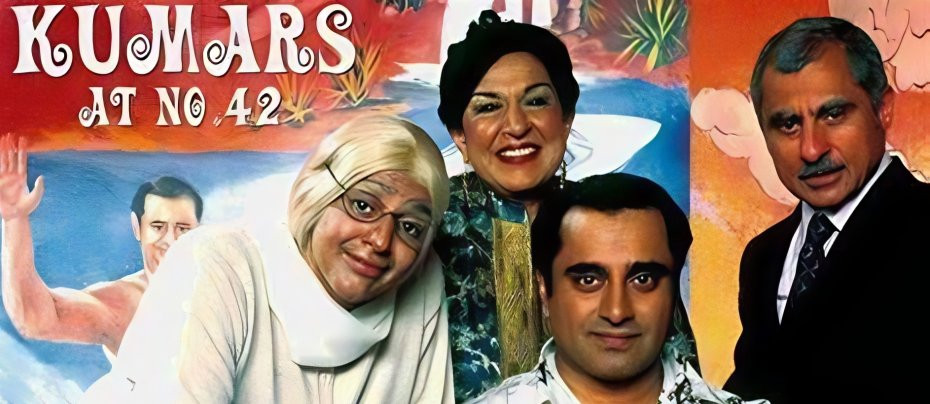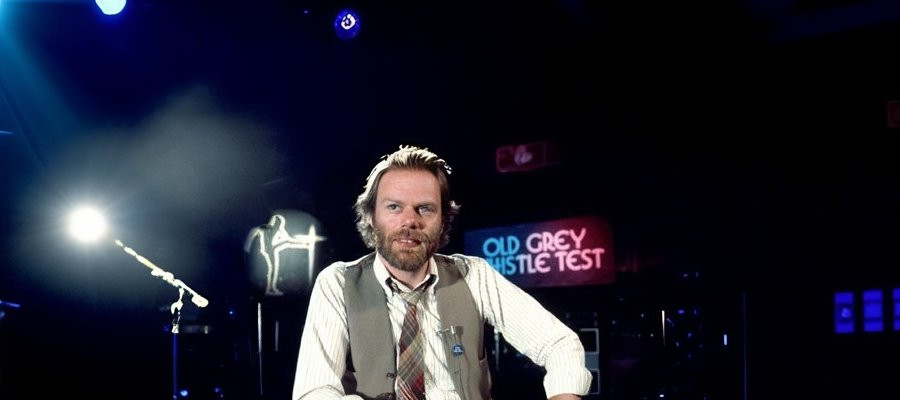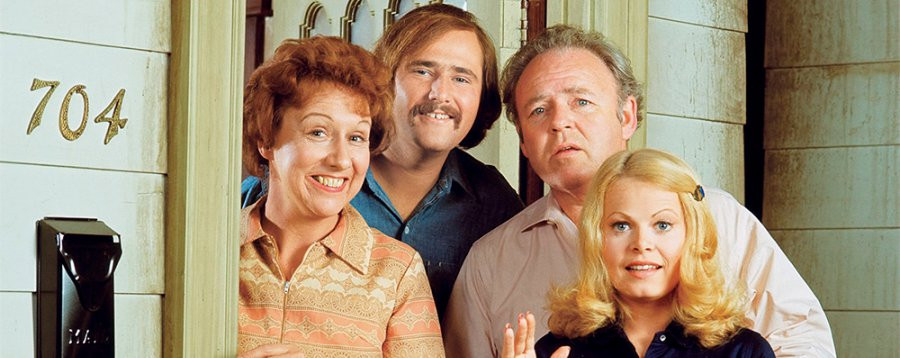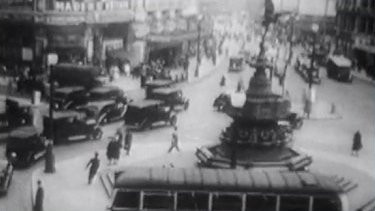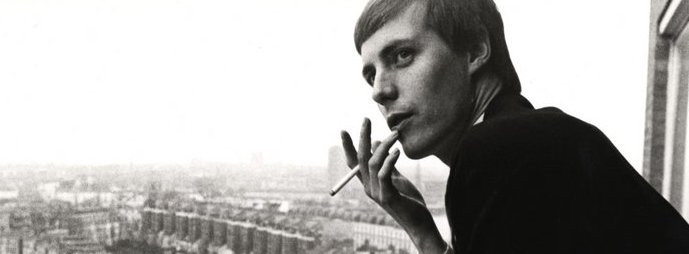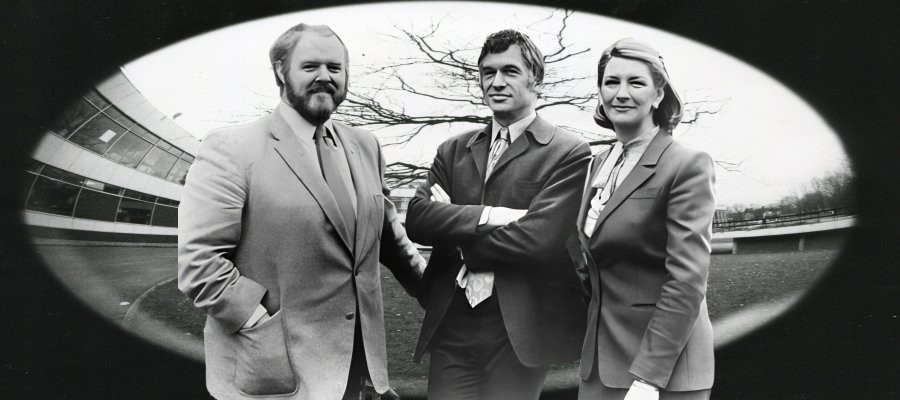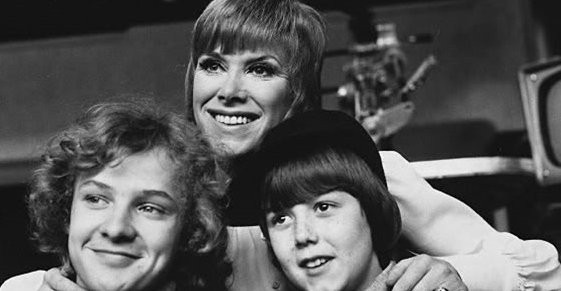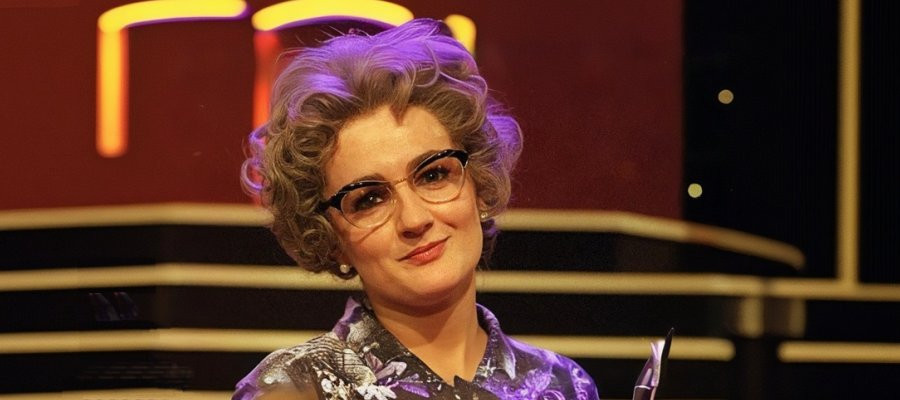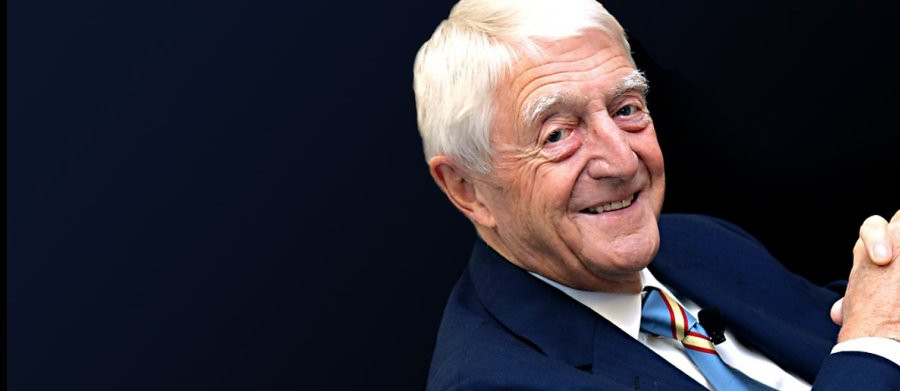
Parkinson
1971 - United KingdomThe "chat show" is by its nature a piece of ephemeral fluff. It seems contradictory to think of it as "event television." Indeed, in these days of countless channels and viewing on demand, the very concept of "event television" has become something of a legend from a distant past.
Yet it really was the case that whole families would gather around the television set to watch Parkinson together. People would talk about it next week at work - even those who did not see it - and are still talking about certain classic moments decades later. These moments became part of our shared cultural history.
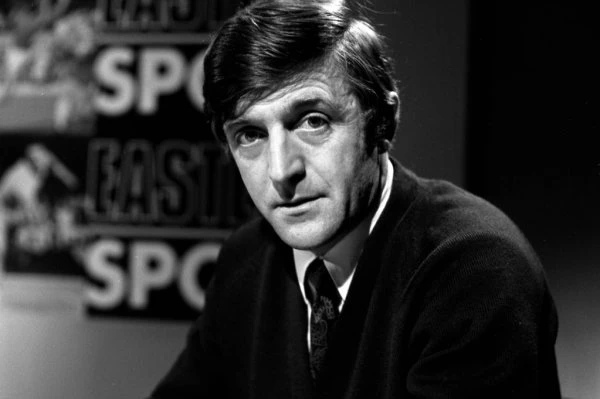
Michael Parkinson is the closest Britain has ever had to Ed Sullivan, a hugely influential figure in the United States. The appearances of Elvis Presley and the Beatles on The Ed Sullivan Show mark the moment of their acceptance into the mainstream of American culture. Parkinson could never have been that powerful, but he made a point of interviewing not only the famous but also people who were not so well known who happened to interest him, and so he had a lot of influence on British popular taste.
Where Sullivan's was a variety show, Parkinson's emphasised conversation with his guests, usually with musical or other performance interludes. There were chat shows on British television before Parkinson but most were more like formal interrogations.
Parkinson aspired to a relaxed atmosphere. Whether he achieved it or not varied from guest to guest. It was not difficult to see when Parkinson really liked someone and vice versa. Yet some of his best interviews had a bit of an edge to them, most famously his encounters with Muhammad Ali.
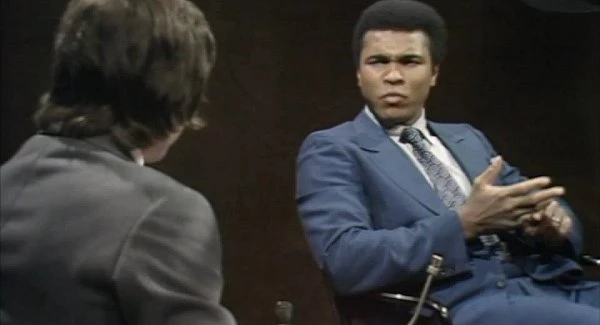
What was relaxed in the 1970s can sometimes seem a bit stiff today. Parkinson's ideal seems to have been "friendly but not familiar" - a welcome contrast with today's chat show hosts who are more often than not overfamiliar without being particularly friendly. Parkinson can also seem very deferential, at least in as far as a Yorkshireman can ever be deferential, because he always understood that the show was about the guests, not the hosts - another contrast with current hosts that is greatly to his credit.
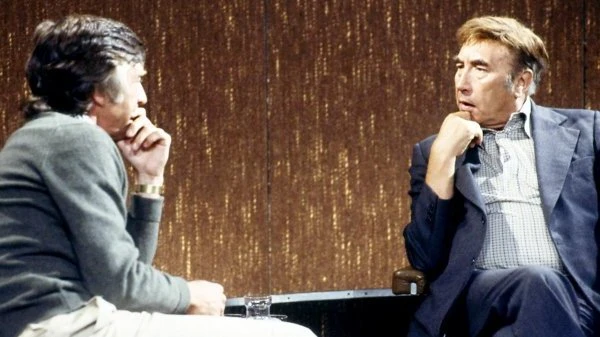
Parkinson always projected a maturity beyond his years. After all, this was a man who, during his National Service, became the youngest Captain in the British Army at the age of twenty. It is nevertheless a surprise to realise that his eponymous BBC show began when he was still in his thirties. He projected the gravitas of a much older man.
That gravitas was often put to the test, most infamously when he was physically attacked by Rod Hull, using his glove puppet, Emu. It is a testament to Hull's professional skill that it really does look as if Parkinson was being assaulted by a separate creature, Emu, with Hull trying in vain to hold him back. The fact remains that it was really one man fighting another, and Parkinson did not see the funny side, then or ever after.
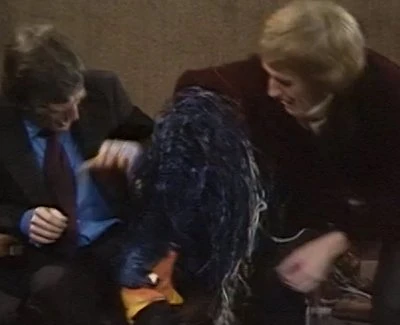
A happier experience with puppets was his interview with the Muppets, in which he played along with his seduction by Miss Piggy very convincingly. Perhaps too convincingly.
This was just another example of his willingness to put the guest first. A journalist by training, he would prepare meticulously, researching his subjects and having prepared questions ready on the famous clipboard to get things going. However, once things were happily underway, he knew that the best thing he could do was simply let the guest do the talking.
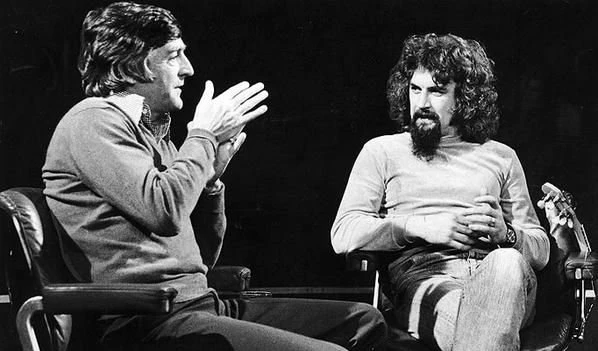
The guests themselves were usually all too happy to oblige, so that he attracted a high quality of guest and produced a high quality of conversation. With the exception of Frank Sinatra - who was always "the one that got away" for Parkinson - he interviewed practically all the big names of the time, which then included a lot the greats from the Golden Age of Hollywood who were still around at that point.
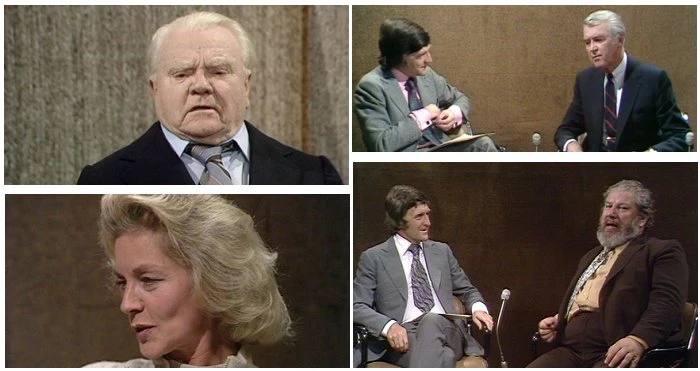
Cinephiles treasure a very rare interview with James Cagney, together with his Angels With Dirty Faces co-star Pat O'Brien, in which Cagney advanced the fascinating opinion that his character in that film really did "turn yellow" when he went to the electric chair and was not faking it to discourage street urchins from following him into a life of crime.
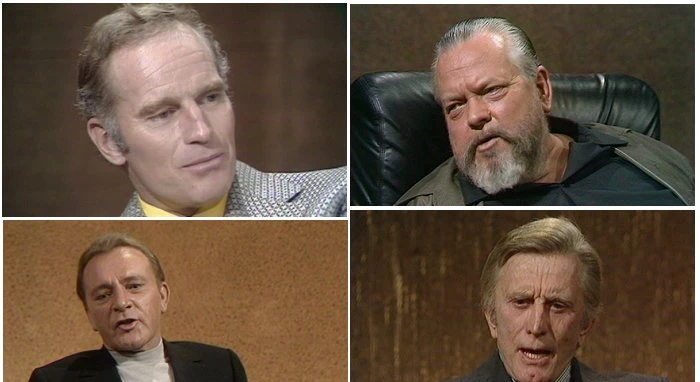
It was also the time of the "Hellraisers" and it is interesting to note that Burton, Harris, O'Toole, and Reed were all fairly well behaved for Parkinson.
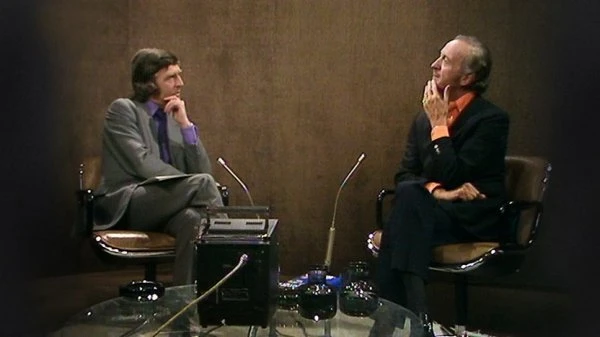
Best of all, it was the time of the great raconteurs. The likes of Orson Welles, Peter Ustinov, and David Niven knew how to entertain, on camera and off. Parkinson was worried about Niven at first. Although he had a great reputation as a conversationalist - he had risen from the pool of penniless extras in Hollywood because his possession of wit, good manners, and his own dinner jacket made him perfect company when a hostess needed to make up numbers for a party - and had served bravely in the War, he was petrified of performing in front of an audience. Parkinson need not have worried. Niven, of course, turned out to be a natural. Search "David Niven prawn" on 'You Tube.' You will be glad you did.
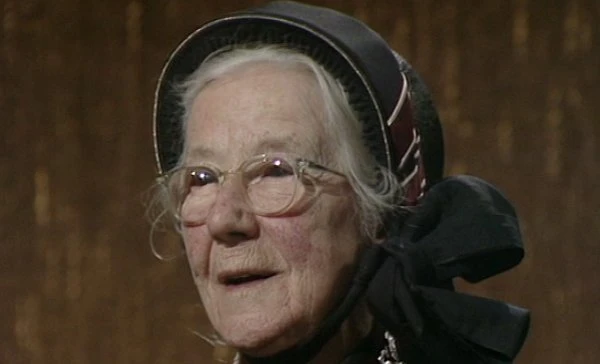
Parkinson used the capital he built up with audiences with the big names to introduce them to experiences they might not have tried otherwise. Catherine Bramwell-Booth, granddaughter of the founder of the Salvation Army, looked like she had just dropped out of the 19th Century but took to television like a duck to water. Very much at the other end of the spectrum, it was Parkinson more than anyone else who introduced Billy Connolly, a very controversial figure at the time, into the cultural mainstream.
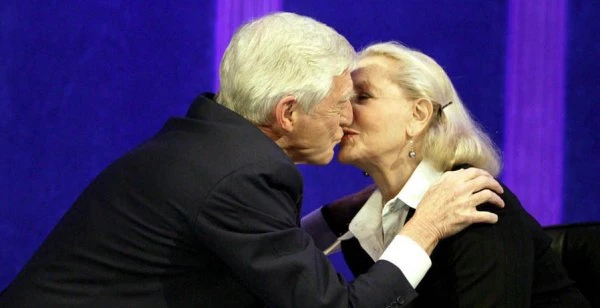
The classic show ended in 1982 but was revived twice and then switched to ITV, but by that time it was obvious that the glory years were over. The only interview of the last revival anyone remembers is the car crash with Meg Ryan that is memorable for all the wrong reasons.
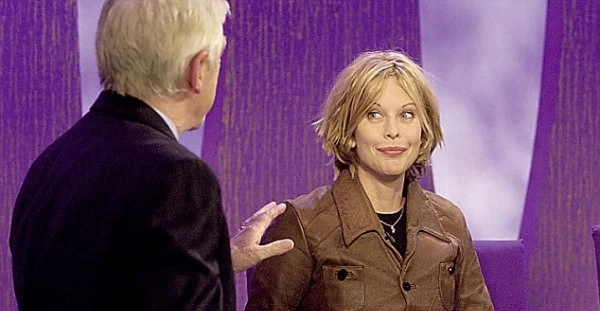
Parkinson did nothing wrong. In the end, it was not his powers as an interviewer that declined but the quality of the interviewee. There are many skilled actors around today and most have been trained to give a good interview, but none of them is Jimmy Stewart. There are some great characters in boxing, but none of them is Muhammad Ali. There are many people who can tell a good anecdote, but none of them is Orson Welles. And Meg Ryan is no Catherine Bramwell-Booth.
To paraphrase Norma Desmond, one of the few Golden Age celebrities Parkinson never interviewed, on account of her being fictional, "It was the stars who got small."
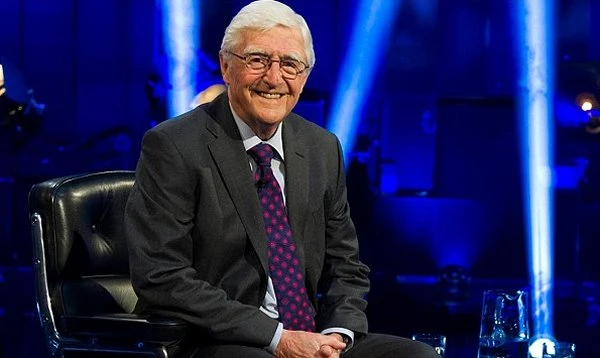
Seen this show? How do you rate it?
Seen this show? How do you rate it?
Published on December 17th, 2019. Written by John Winterson Richards for Television Heaven.


